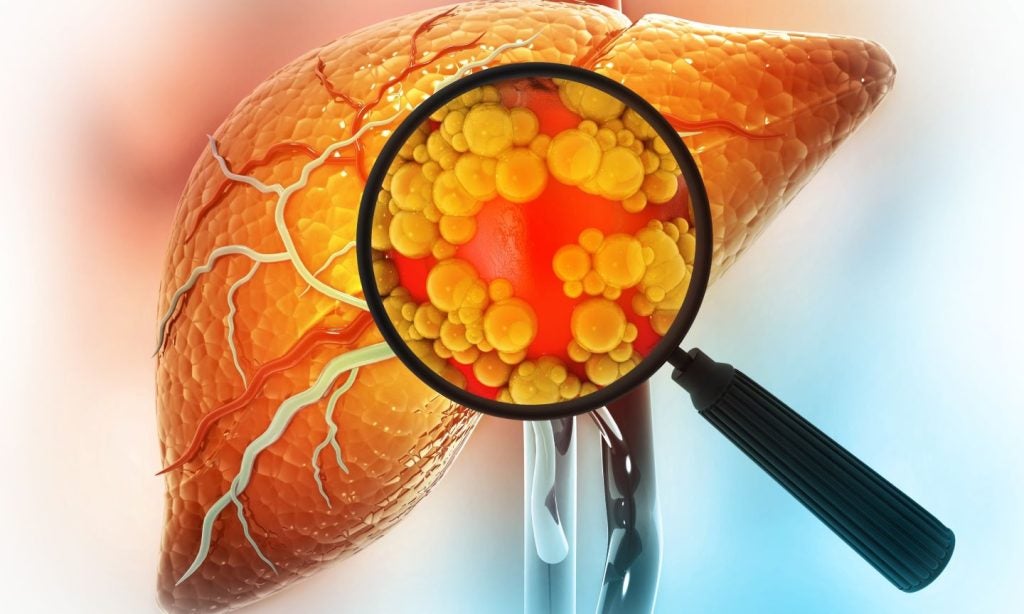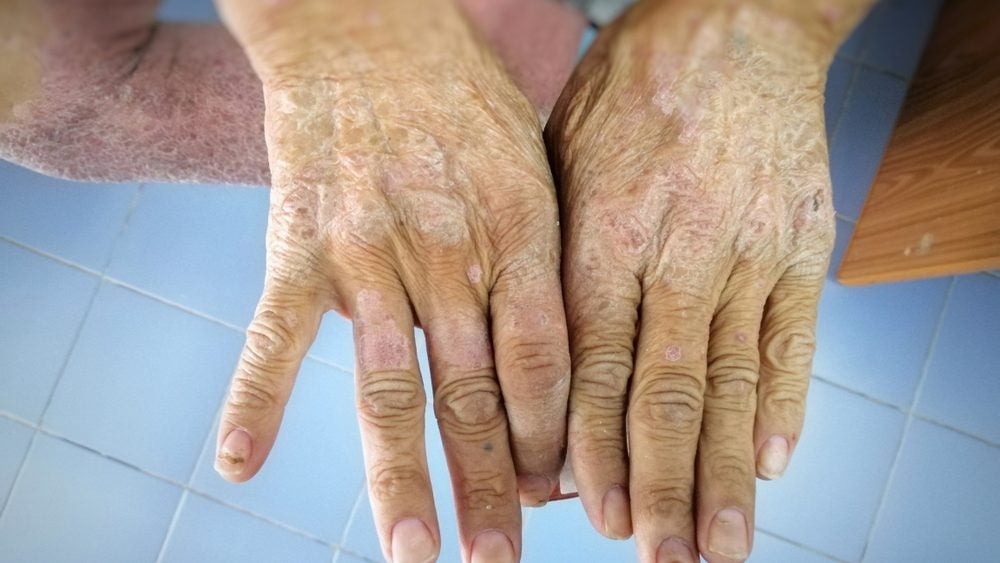Researchers at the National Cancer Institute, a unit of the National Institutes of Health (NIH) in the US, have developed an AI tool that can predict drug responses in cancer treatment.
This tool utilises single-cell RNA sequencing data to forecast whether a cancer patient will benefit from a specific drug.
The proof-of-concept study indicated that this method could refine the way oncologists prescribe cancer treatments, moving away from traditional bulk sequencing of tumour DNA and RNA that takes an average of all the cells in a tumour sample.
Tumours are composed of various cell types, including subpopulations known as clones, which may react differently to drugs.
This diversity within tumours can lead to varied drug responses and resistance.
Compared to bulk sequencing, single-cell RNA sequencing offers a much higher resolution of data, potentially enabling more effective targeting of these individual clones.
However, the high cost and limited clinical availability of single-cell data pose challenges.
To address this, the researchers employed a machine learning method called transfer learning.
They trained an AI model with readily available bulk RNA sequencing data and refined it using single-cell data.
The team constructed AI models for 44 US Food and Drug Administration-approved cancer drugs using published cell-line data from large-scale drug screens.
The models showed to accurately predict responses to single drugs and drug combinations.
The AI's efficacy was further demonstrated on data from 41 multiple myeloma patients treated with four drugs and 33 breast cancer patients treated with two drugs.
In a media release, the NIH said: “The researchers discovered that if just one clone were resistant to a particular drug, the patient would not respond to that drug, even if all the other clones responded.”
The model could also successfully predict drug resistance development in 24 non-small cell lung cancer patients put on targeted therapies.















